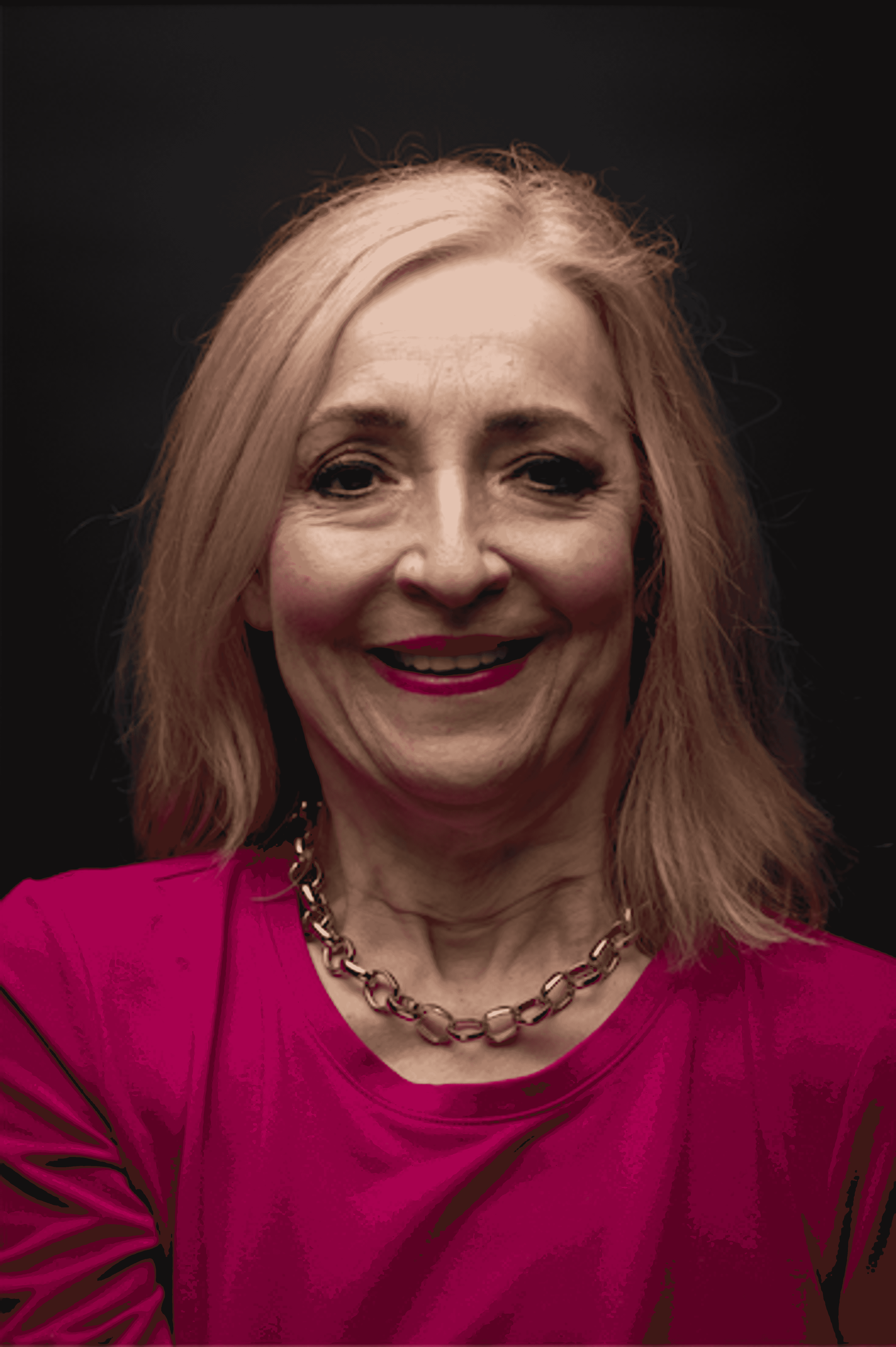Survivor Stories: Susan Winkler lives life to the fullest with multiple sclerosis
Susan Winkler shares the ways multiple sclerosis has challenged her, and how she adapts to these challenges to life a full life and advocate for others who are disabled.
Susan Winkler had years of symptoms before she ever had a diagnosis. First, there was the inflammation in her eyes. Then the numbness in her fingertips that she thought was carpal tunnel syndrome. There were electrical shocks that traveled down her spine when she bent her neck in a certain way. And then eventually, she began tripping over her own feet, which led to her falling at work.
Winkler dug in and began looking for answers. Through the process, she found multiple sclerosis [MS], a neurological autoimmune disorder caused by inflammation that affects the central nervous system, compromising the brain and spinal cord. While her vision and cognition were intact, the use of her hands and legs were on a slow and steady decline. At the age of 45, an MRI and spinal tap confirmed what Winkler already believed to be true, and a doctor diagnosed her with MS.
“I was scared of what the future was going to bring,” Winkler says. “My husband [Randal] and I were angry, bitter. As I got worse, I questioned God, yelling, ‘Why me?’ but that just made me tired.”
To help slow the progression of symptoms, her doctor prescribed disease-modifying medication that Winkler administered to herself three times per week. While the side effects were minimal, she was unable to work to her full capacity. Just two years into her diagnosis, she left her job at Alliance Bank in Cape Girardeau.
“It was very difficult to give up working,” Winkler says. “I am very social and have a gift for talking. It was hard to ask for help.”
Winkler went from limping to dragging her leg to using a scooter. Walking from one end of a room to the other wore her out, and it was even more difficult to get around on carpet. Due to the constant bend of her spine, Winkler developed scoliosis. It not only affected her posture but also her breathing, as well. In 2013, she underwent an eight-hour surgery at Barnes-Jewish Hospital in St. Louis to straighten her spine.
“It saved my life,” Winkler says.
But a wheelchair was in her future. She and her husband had the doorways in their home widened, created a walk-in shower and removed all of the carpet from their home. They hired a caregiver to assist Winkler with her morning routine. And, she jokes, Randal became her own personal Uber driver; their handicap-accessible van, with a recessed ramp, allows them to travel and connect with friends.
“I’ve had some friends for 40 years or longer,” Winkler says. “They are very supportive and empathetic, but no one realizes what it’s like except for me and my husband. I have friends who golf or who just got a swimming pool. I can’t do that. It’s just life. I’ve accepted it. But for a while, that was very hard.”
Winkler, who uses a power wheelchair due to her limited dexterity and mobility, has found solace in connecting with an online community of bloggers and travel groups who educate and advocate for people who use wheelchairs. Through their guidance, she planned a trip to Europe with her husband and friends, which helped her realize she can still do the things she loves. She’s thinking about starting an advocacy group of her own.
“Being in a wheelchair can be lonely. You can feel isolated,” Winkler says. “But I want people to know that just because you’re in a wheelchair, you’re not completely limited. You can do things.”
Over the past 20 years, Winkler has had multiple surgeries, therapies and medications to help control and maintain the symptoms of primary progressive multiple sclerosis [PPMS], which, according to Winkler, is “the worst kind” of MS and also the least common, affecting 15% of people with MS.
But instead of dwelling on the negative, Winkler surrounds herself with positive people and does her best to stay active. As a volunteer with Read to Succeed, she helps develop basic reading skills in kindergarten students at Jefferson Elementary School in Cape Girardeau. At home, she plays the role of chef, planning new Mediterranean-style recipes, while her sous chef, Randal, prepares them.
To stay strong, Winkler uses a standing frame several times a week, which provides alternative positioning for her body and helps increase bone density. She also uses a MyoCycle, an electric bike that moves her legs to prevent muscle atrophy, increasing blood flow and improving digestion. And while both assisted devices are beneficial to her physical and mental health, her insurance doesn’t cover them. Still, she has learned to accept what she cannot change.
“MS often dictates what I do and what I can’t do. My life revolves around it, and it’s cruel sometimes,” Winkler says. “But it’s not a death sentence. And it’s taught me to be tough. I’m stronger than I once thought.”
Hear Susan Winkler tell her story in her own words Tuesday, Oct. 29, at the Survivor Stories event at Scout Hall, 420 Broadway St. in Cape Girardeau. Doors open at 5 p.m., and the event starts at 5:30 p.m. Reserve your complimentary ticket at https://www.eventbrite.com/e/survivor-stories-tickets-1014912770417.
Connect with the Southeast Missourian Newsroom:
For corrections to this story or other insights for the editor, click here. To submit a letter to the editor, click here. To learn about the Southeast Missourian’s AI Policy, click here.










